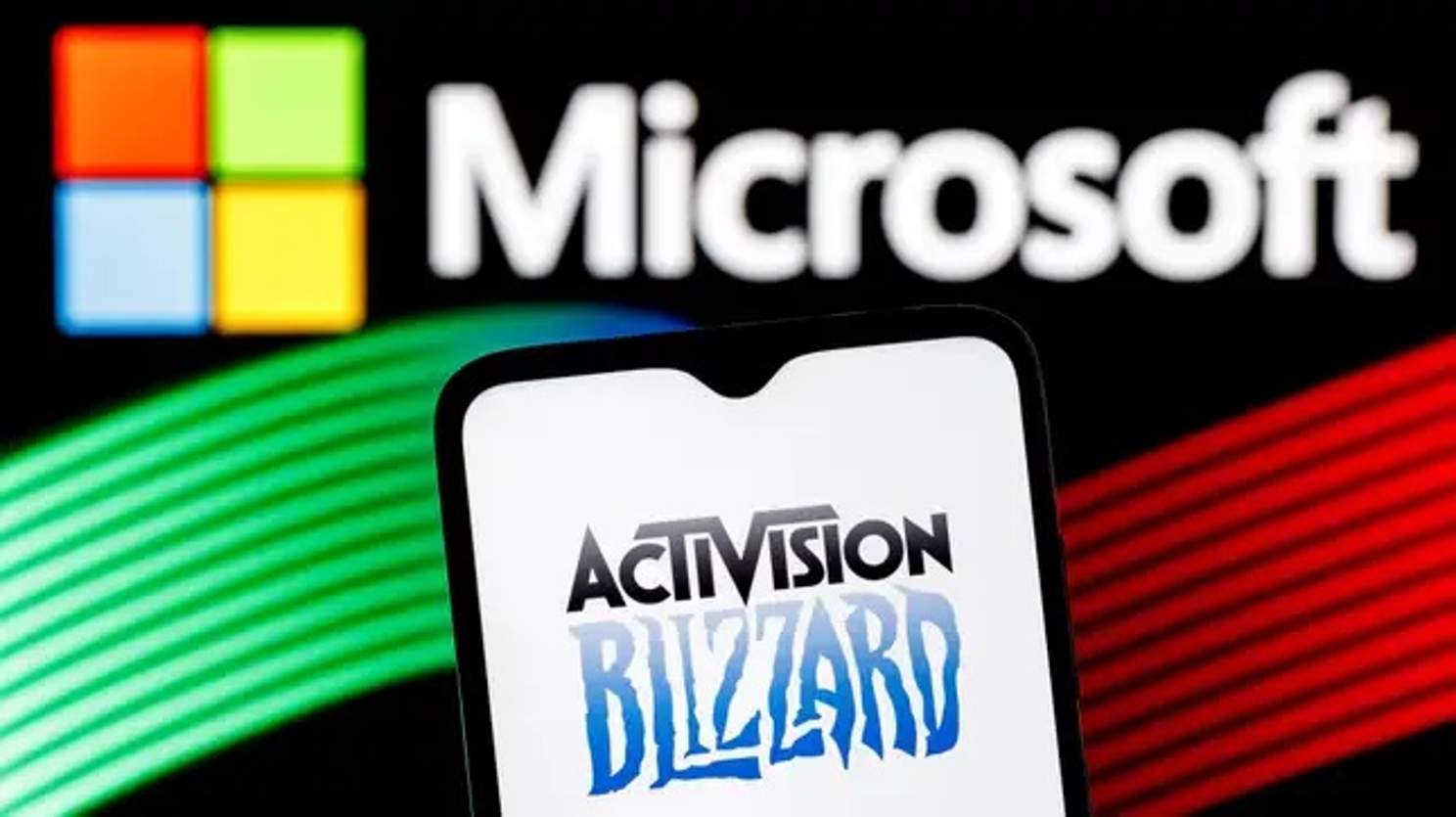Under the terms of the new deal, Microsoft said Activision would sell its cloud streaming rights outside the European Economic Area to French rival Ubisoft.
The restructured transaction aims to appease Britain’s Competition and Markets Authority (CMA), which has become the final regulatory body to stand in the way of the $69B merger.
On Tuesday, the CMA unveiled a final order blocking the original form of the deal, citing worries over innovation in the lucrative cloud gaming market.
Microsoft argued that the fresh proposal was “substantially different” than its predecessor. But the CMA stressed that the altered merger does not yet have a “green light,” adding that it will still assess the deal “carefully and objectively.”
In April, the CMA announced its “Final Report” on the acquisition, citing competition concerns around cloud gaming in the UK. Since then, Microsoft has defeated the U.S.’s Federal Trade Commission (FTC) in court, obtained approval from key regulator the European Commission, and secured an agreement with console rival Sony for the provision of Activision games on PlayStation for a decade.
In response to the concerns raised by the CMA, Microsoft has undertaken a revision of the acquisition deal.
The revised deal entails the purchase of a more limited set of rights and involves entering into an agreement with Ubisoft, the creator of Assassin’s Creed, to acquire the cloud streaming rights for all existing and upcoming Activision Blizzard PC and console games to be launched over the next 15 years (with the exception of the European Economic Area).
Microsoft President Brad Smith says that due to the arrangement with Ubisoft, the proposed acquisition of Activision Blizzard is now fundamentally distinct under UK law from the transaction that Microsoft initially presented to the CMA for evaluation in 2022.
As a result of the agreement, Microsoft officially informed the CMA about the modified transaction. The company is also optimistic that the review procedures by the CMA will conclude before the expiration of the 90-day extension in the acquisition agreement with Activision Blizzard, which is scheduled for October 18th.
Several Countries Approve Merger
Several countries have approved the merger, including the European Commission and China. The U.S. Federal Trade Commission (FTC) and the UK’s Competition and Markets Authority (CMA) formally filed complaints to block the acquisition on the basis that the merger would hinder competition, particularly in the cloud gaming sector.
Sarah Cardell, Chief Executive of the CMA, said: “This is not a green light. We will carefully and objectively assess the details of the restructured deal and its impact on competition, including in light of third-party comments.
“Our goal has not changed – any future decision on this new deal will ensure that the growing cloud gaming market continues to benefit from open and effective competition driving innovation and choice.”
Microsoft Blasts The CMA
Microsoft previously blasted the CMA over its decision to block its deal with Activision after a number of other major global regulators gave it unconditional approval.
“This decision, I have to say, is probably the darkest day in our four decades in Britain,” Microsoft president Brad Smith said in an interview with the BBC. “It does more than shake our confidence in the future of the opportunity to grow a technology business in Britain than we’ve ever confronted before.”
In a note to staff, Activision Blizzard CEO Bobby Kotick today said: “We welcome Microsoft’s decision to enter into this agreement and submit a new application to the CMA, which Microsoft believes will address the CMA’s concerns.
“This has been a longer journey than expected [but] our integration management team is hard at work to ensure we are prepared for a smooth close.”
The deal, which could reshape the gaming landscape, has drawn scrutiny from multiple angles, ranging from concerns about market concentration to issues related to user data and competition.
In a high-stakes twist to the ongoing saga of Microsoft’s proposed merger with gaming giant Activision Blizzard, reports have emerged indicating that the tech behemoth could be on the hook for a staggering $3 billion break-up fee if the deal fails to materialise.
Thie hefty financial penalty underscores the gravity of the situation and adds an additional layer of complexity to the already scrutinized merger proposal.
The outcome of the merger proposal and the potential activation of the substantial break-up fee will undoubtedly have far-reaching implications for the future of gaming and the strategic positioning of the tech industry’s biggest players.







